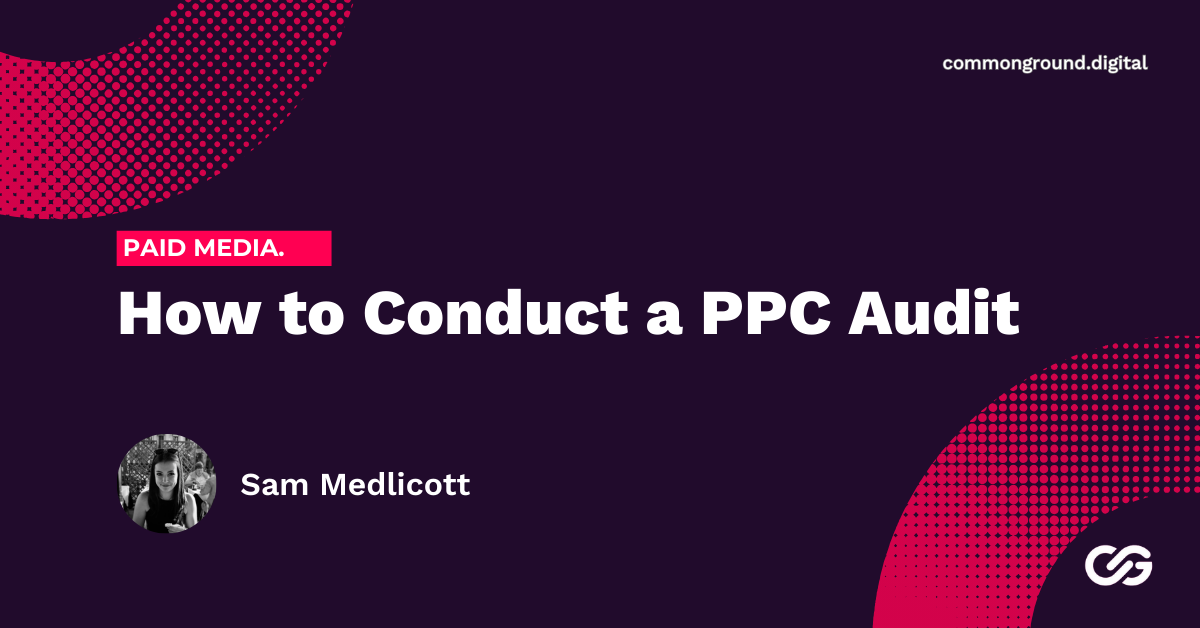What is SEO and How Does it Work?
The online world is continuously expanding. The total number of woldwide websites is currently estimated to be around 1.7 billion and around 56% of the world’s population has access to the internet.
It’s therefore not surprising that making a website findable to online search tools like Google, Bing, Yahoo and Baidu is challenging. Simply creating a basic website and hoping for the best is not going to attract many visitors. To gain prominence in the search results website’s need Search Engine Optimisation or SEO.
What is Search Engine Optimisation?
The question: ‘What is SEO or Search Engine Optimisation’ is often asked. There are many online definitions but here’s our own.
“The abbreviation SEO stands for Search Engine Optimisation. This broad term refers to everything that’s required to increase the volume of traffic and the quality of visitors coming to your website from the organic search results.”
Let’s clarify some aspects of this succinct definition.
Firstly, the abbreviation SEO simply means ‘Search Engine Optimisation’. But it is also often used in reference to experienced professionals who are called ‘SEOs’, or search engine optimisers.
This definition for ‘What is SEO’ broadly refers to ‘increasing the volume of traffic and the quality of visitors’. This phrase encompasses everything that contributes toward gaining more traffic of higher quality directly from the organic search results. An important point to note is that SEO is not simply a concise collection of actions which are carried out just once and never again. It should be noted that SEO is an ongoing process which, due to the ever-changing, dynamic online arena, never ends.
As stated, SEO is all about the organic search results. Search engine results pages (SERPs) are composed of both paid and ‘natural’ or ‘organic’ search results. Gaining and maintaining prominence in these organic search results, in response to relevant, valuable search queries, is what SEO is intended to achieve.
The volume or quantity of visitors coming to a website from the organic search results is obviously important and expanding this number is another common SEO objective. But it’s also important to consider the ‘quality’ of this web traffic. Websites generally want to attract visits from people who will be engaged by what’s on offer. Another important aspect of SEO is therefore to make certain that the most appropriate audience is effectively targeted.
Why is SEO Important?
As noted, SEO is a process which therefore requires investment. In order to justify this investment, it’s useful to appreciate some of the reasons why SEO is important.
Organic Search is How People Find Stuff
Due to the massive popularity and dominance of the Google search engine, the word ‘Google’ is now commonly used as a verb.
To ‘Google’ something refers to the act of searching for that something using the Google search engine. Google has very much become the goto resource for everything from ‘recipes’ to ‘red shoes’. And today’s search users know the difference between the paid or sponsored search results and those which appear naturally, or organically.
Search prominence at the top of Google’s organic search results for a variety of relevant, search queries brings valuable visitors to the website. Importantly, clicks from the organic search results are free, unlike clicks from sponsored, paid search advertising.
It is worth noting that although Google has the greatest global search market share it can also be beneficial to consider other relevant search engines.
Top Rankings Reflect Trust
People trust Google and therefore expect their organic search results to be trustworthy and reliable. Gaining top rankings on page one of the Google search results is therefore a very valuable trust signal. When search users see a brand website ranking at the top of the natural search results they know that the brand has not paid to be there. Google’s ranking algorithms have determined that the listed page is amongst the best available in response to the submitted query which is a great accolade for any brand.
SEO Delivers Excellent ROI
As noted, clicks from the organic search results are totally free, unlike paid search advertising. While there are upfront and ongoing investment in the SEO process the return from this outlay can be excellent. Growing organic search engine traffic through SEO will provide a better return on investment (ROI) than paid search advertising.
It should be noted that combining both SEO with PPC (pay per click) advertising is often the most effective and resilient digital marketing strategy.
SEO is a Long Term Strategy
SEO is a process which can deliver tangible results very quickly but generally takes time. Many of the beneficial optimisations carried out in the early months of an SEO project will continue to bear fruit for many years.
But search engine algorithms are continuously being revised, Google’s search results pages are constantly being amended and other websites are appearing, disappearing and undergoing radical updates. This dynamic environment requires unceasing attention to ensure that sites and pages remain optimal.
How Does SEO Work?
Back in 1998, the original Google search engine was launched. The technical foundation of the search engine at that time was called PageRank, created by Larry Page and Sergey Brin.
PageRank allocated a score to web pages that were largely determined by the hyperlinks leading to a page. Google basically considered each detected link to a web page as a vote or endorsement. Links from pages which had higher PageRank scores conveyed more value or link-equity. Organic Google search engine rankings were basically determined by these PageRank scores and therefore by the quantity and quality of inbound links.
Google’s search engine ranking algorithms have progressed enormously over the 20+ years since the search engine was launched. These days over 200 factors are employed to determine the organic search results to deliver in response to various search queries.
How Search Engines Work
Search engines work by crawling, analysing and indexing many billions of web pages. Crawling is the process used by search engine web crawlers, sometimes called bots or spiders. A web crawler is a piece of software which identifies and follows links discovered in web pages.>
Search engine users expect near-instantaneous search results in response to their submitted queries. Search engines build an index of discovered text elements along with pointers indicating the web pages in which these text elements were discovered. When a search user submits a query it is this index that is interrogated and from which identified pages are quickly surfaced in the search results.
This is a massive simplification of what is now a very sophisticated and complex system. Google’s ranking algorithms are constantly changing in order to deliver the best possible search results. The current algorithm is built around what they call RankBrain, which is a machine learning (AI) algorithm that automatically assesses how search users interact with search results and make appropriate adjustments to the ranking algorithm in order to surface increasingly relevant and satisfactory results.
SEO Basics
The search engine optimisation process involves paying detailed attention to a multitude of variables. A winning SEO strategy will encompass all of the following:
- Audience profiling
- Where they are (geo-location and language).
- Audience demographics.
- Device usage (mobile, desktop etc.).
- Online habits.
- What forms of content are appropriate?
- Keyword research
- Identify relevant search queries.
- Identify topics of interest to the audience.
- Assess search volumes and interest levels.
- Competitor research
- Top ranking sites and pages for identified keywords.
- Strengths and weaknesses.
- Technical SEO
- Site audit to identify technical issues.
- Resolving all technical issues.
- Ensuring site performance is excellent.
- Implementing an optimal site architecture.
- Optimising indexation.
- Usability optimisation.
- Content Optimisation
- Content audit and competitor comparison.
- Optimisation of existing content for targeted keywords.
- Optimal implementation of meta elements.
- Optimisation of all media types.
- Ongoing creation and publication of high quality, authoritative content.
- User experience optimisation.
- Digital PR
- Competitor backlink and promotion comparisons.
- Identification of valuable, relevant link and citation sources.
- Conducting outreach to build relationships with relevant websites.
- Distributing valuable content.
- Promoting site content via social media.
This only a summary of the many elements that combine to form a winning SEO strategy.
Your Winning SEO Strategy
When embarking on an SEO project it is important to keep in mind that every website is different and each requires a specific strategy that’s determined by the ultimate aims and objectives of the project, the competitive landscape and the current status of the website.
If, for example, you are currently considering a new website build then this is a great time to be thinking about your ultimate SEO goals. Your site architecture, URL, hosting and many other factors can all be optimally chosen to give your new site the best possible chance of SEO success.
Alternatively, if you have an established website then your SEO strategy should include a detailed examination of your site’s current status, competing for websites and what’s needed to beat them in the search results.
Whatever your SEO needs, we have the expertise, experience, and resources to achieve your desired results.


